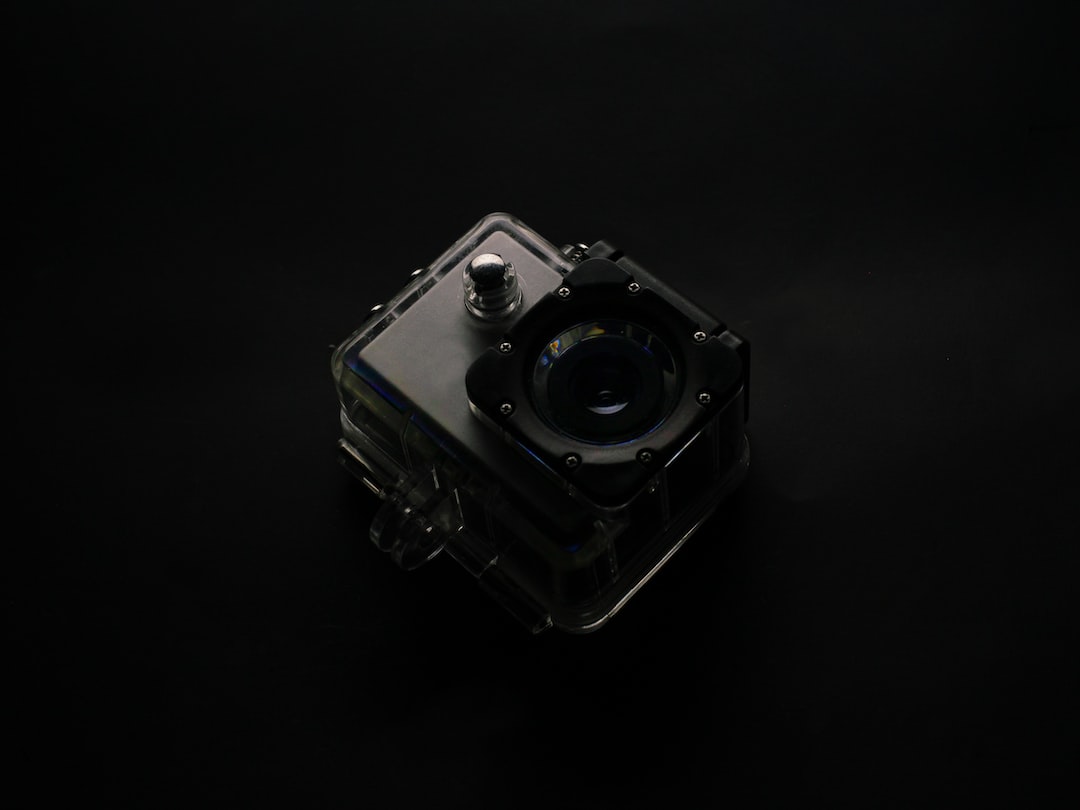The Advancement of Biotechnology in Medicine
The field of medicine has always been at the forefront of scientific advancements. From the discovery of antibiotics to the development of life-saving immunizations, medical research has significantly improved the quality of life for millions of people worldwide. However, one of the most remarkable and promising advancements in recent years has been the evolution of biotechnology in medicine.
Biotechnology involves the use of living organisms or their components to create or modify products, improve processes, or develop new treatments. In the context of medicine, biotechnology has revolutionized disease diagnosis, drug development, and personalized medicine.
One of the key areas where biotechnology has made significant contributions is in disease diagnosis. Traditional methods of diagnosing diseases often took time and relied on external factors such as symptoms or the presence of specific biomarkers. However, biotechnology has brought about innovative diagnostic tools that are faster, more accurate, and less invasive.
For instance, polymerase chain reaction (PCR) is a biotechnology technique that amplifies small amounts of genetic material, making it easier to identify pathogens responsible for infections. This has proved invaluable in the early and precise diagnosis of diseases like COVID-19, allowing for prompt treatment and control measures.
Additionally, biotechnology has transformed the way we develop drugs. Traditional drug development processes are lengthy, expensive, and often involve trial and error. However, biotechnology has streamlined this process, leading to the creation of targeted therapies and personalized medicine.
One such example is the use of monoclonal antibodies as therapeutic agents. Monoclonal antibodies are artificially created antibodies that can selectively target specific cells or molecules in the body. They have revolutionized the treatment of diseases like cancer, rheumatoid arthritis, and multiple sclerosis, providing patients with more effective and tailored treatment options.
Another groundbreaking advancement in biotechnology is gene editing technology, specifically the CRISPR-Cas9 system. This technique allows scientists to modify the DNA of living organisms with precision and accuracy. In medicine, CRISPR-Cas9 has opened up new possibilities for treating genetic disorders.
The potential of gene editing in medicine is vast. It could allow for the correction of genetic mutations responsible for diseases like cystic fibrosis or sickle cell anemia, potentially leading to curative treatments. While the technology is still in its early stages, it holds immense promise for the future of medicine.
Furthermore, biotechnology has also contributed to the field of regenerative medicine, which aims to restore the structure and function of damaged or diseased tissues and organs. Stem cell therapy is one example of regenerative medicine that has shown great potential.
Stem cells are cells with the ability to differentiate into various types of cells in the body. They can be used to regenerate damaged tissues or replace malfunctioning cells. Research in this field has led to significant breakthroughs in the treatment of conditions such as spinal cord injuries, Parkinson’s disease, and heart disease.
In conclusion, the advancement of biotechnology in medicine has revolutionized disease diagnosis, drug development, and personalized medicine. It has provided us with innovative diagnostic tools, targeted therapies, and the potential for curative treatments through gene editing and regenerative medicine. As biotechnology continues to evolve, it holds the promise of improving the health and well-being of individuals globally, paving the way for a brighter and healthier future.

